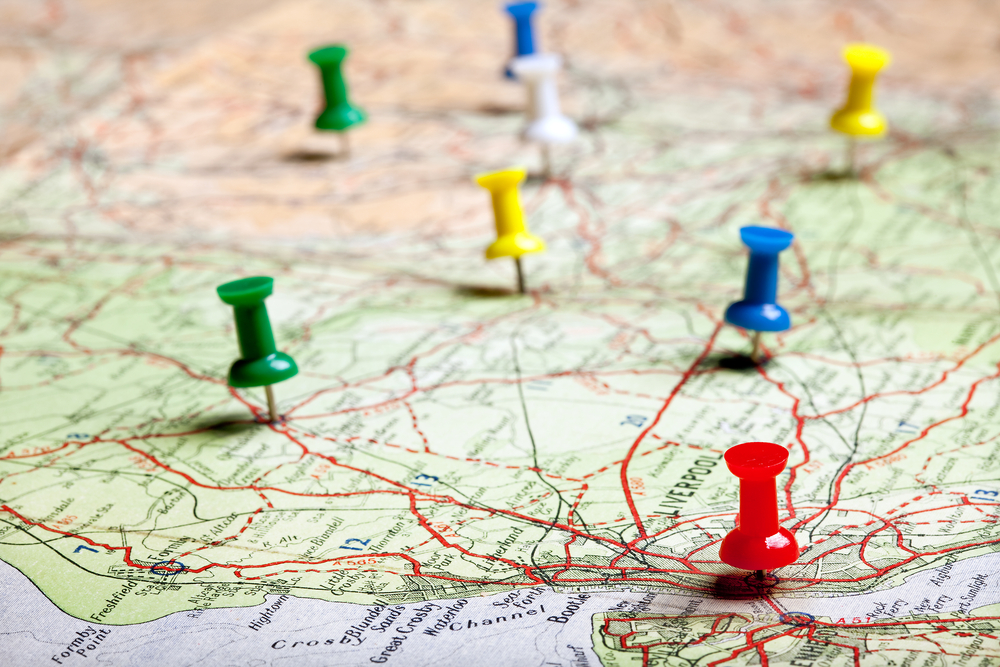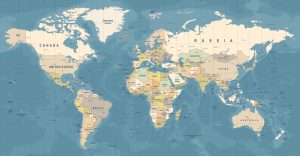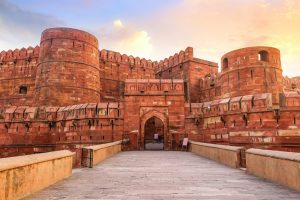Geographical location is important to a country for many reasons, with many experts saying that location could be the single most important factor in a nation’s history and overall stability.
It is impossible to locate a single reason that makes location important because a country’s location impacts multiple different factors of a country’s growth, history, and future.
The country’s economy, politics, and even position in war will be completely determined by its location.
A country’s geographical location is determined physically by its longitude and latitude. There are a number of elements in a country’s ability to prosper socially and economically that depend on its geographical location.
A country’s climate, stability, and economic prosperity will all depend on where it is located, making a country’s location integral to its importance in the world.
Table of Contents
What is a country?
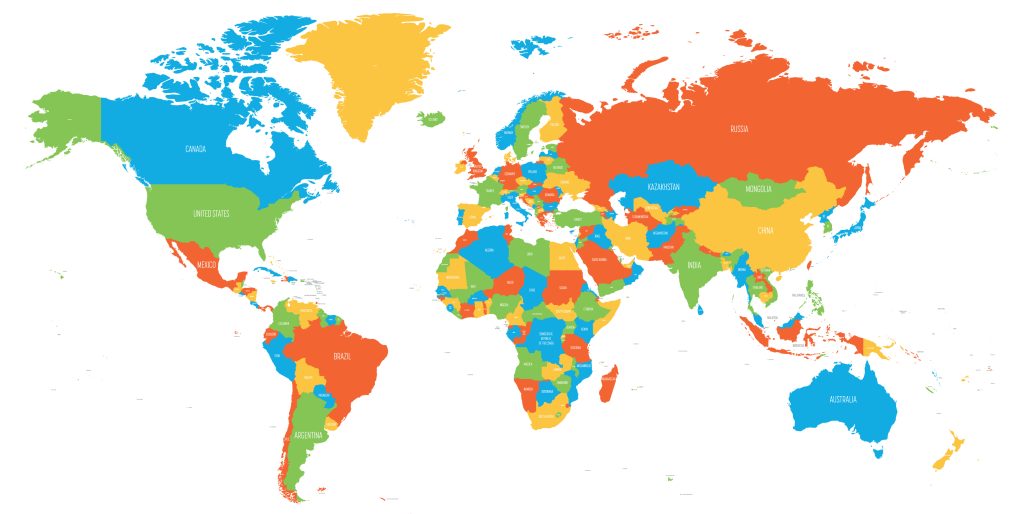
A country is a specified geographical domain that functions as a sovereign area of the world in that it rules itself and does not depend on other states for government or regulatory assistance.
It is a physical area with its own governance, even when it has multiple parties within the state.
The word country comes from the French contree which came from Latin contrata.
This literally translated means “lying opposite” or “spread before,” and the word has been used by English since the eleventh century.
Today, the word “country” is largely associated with the political divide. When you think of Russia, for example, you think of communism or totalitarian regimes.
For Russia, people don’t often think of its vast landmass and its economic stability.
By contrast, politicians think the opposite way, most of the time. When they think of a country, they look to its location, its land-locked status, its economy, and its climate and how all of those factors work together to establish that country’s success.
The leader of the country and the parties within that government, of course, are considered, but those variables will always change.

Location, climate, and landmass will not. Understanding what a country is and its location helps to establish the sense of place the country has in the world.
Why is geographical location important to a country?
The geographical location of a country helps anyone in the world understand the country better.
It also helps the country understand itself better. Canada is called the True North by its citizens.
This is an identifier that the world can relate to as well when they think of Canada and its physical location in the world.
For every country, location determines multiple factors, including its political and economic stability.
Its location helps the citizens of the nation, and those of the world, understand the importance of events that happen in that place.
Maps will often be the first thing viewed on the news when a country is having problems.
When the world can visualize the country’s location, the world understands that country a little more.
A coastal region will have an economy that depends on water-based markets, while land-locked regions will have alternative means of economic growth.
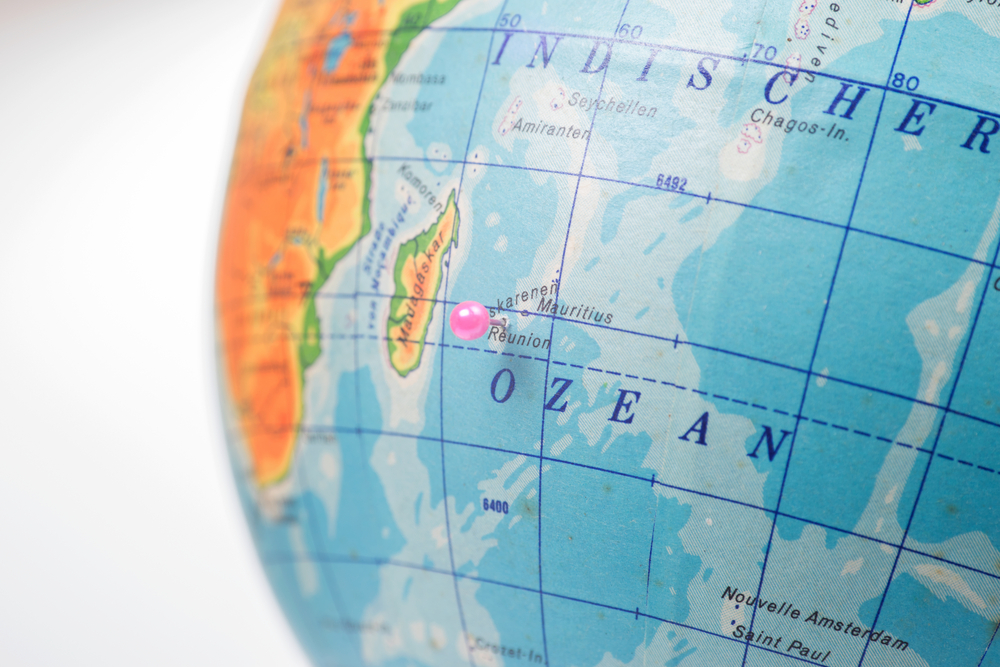
The latitude and longitude of the country, the markers that determine the country’s actual location, will determine every other component of the nation’s survival and history.
What is an example of a geographic location?
Geographical location is determined by longitude and latitude directions in degrees and direction format.
The latitude is always written first, and that is followed by a comma, and then the longitude is written next.
The Empire State Building, for example, is found at 40.7 degrees north and 74 degrees west. Its location would be written as 40.7 degrees N, 74 degrees W.
Are sovereign states and countries different things?
The terms “sovereign state” and “country” can mean the same thing. A sovereign state is one that can function on its own with its own government, without having to rely on a neighboring country to do so.
While they typically do mean the same thing, a country can be a country without being a sovereign state.
When a country does not have sovereignty, it does not have autonomy. It functions weakly in the world economically, socially, and politically.
Humanitarian organizations and democracies in the world will work to help those countries achieve their sovereignty.
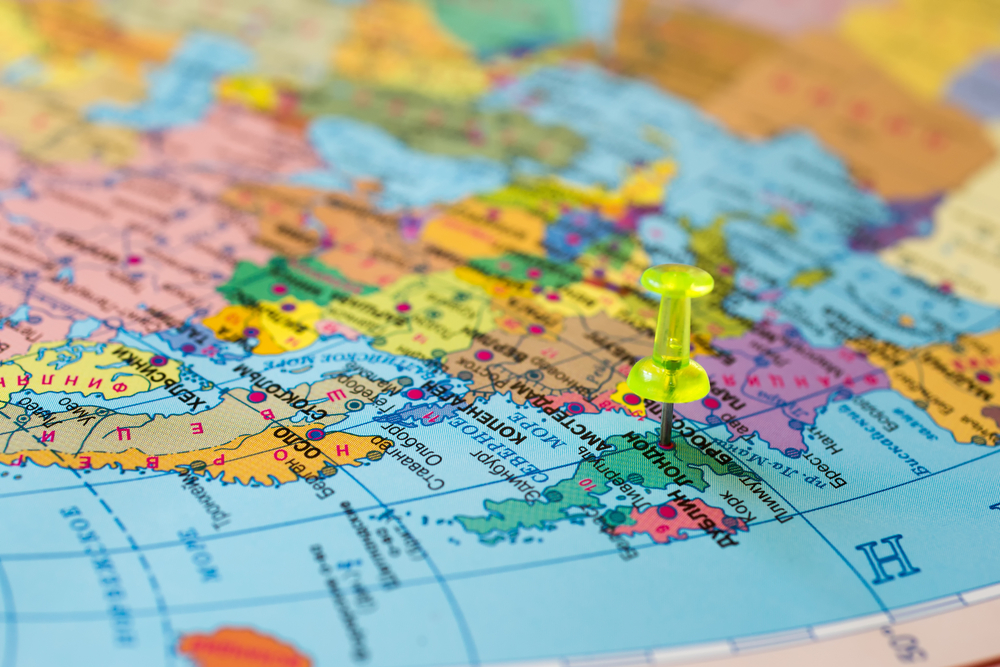
The location has a lot to do with a nation’s sovereignty, and so often does politics. When a country is struggling at war or, economically, its sovereignty can be at risk.
A country in a high-risk location could have its sovereignty at risk, and when at risk, other countries will often work together to help it maintain its sovereignty.
Despite the location of any one country in the world, it is important for every country to work towards sovereignty, it is in everybody’s best interest.
To date, there are almost 195 countries in the world, and almost all of them are sovereign. For some, it is very difficult to maintain that status in times of turmoil and conflict.
What does the United Nations define a country as?
The United Nations looks at the location when it comes to defining a country but uses the gross national income (GNI) of land to define a country.
The UN divides countries into groups and subcategories based on this location. The UN also closely looks at the developed status of a country when making decisions about the country based on location.
Location plays a key role here, with trends of exports, imports, developing or developed status, and landlocked status all going into the United Nations definitions of country.

It will also develop countries that are defined as “in transition” economically and include portions of land located in Asia, Africa, the Caribbean, and Latin America.
The World Bank defines a country according to a location in a similar way – in location subcategories.
It also determines what makes a country and its status by its GNI. A low GNI is one where the GNI is $1,025 annually.
A middle-level GNI sits at $1,026 to $3,995, and the upper-middle incomes are $3,996 and $12,375.
High-income countries have a GNI of $12,376 or more.
What factors are impacted by the geographical location of a company?
The economy is a common answer when it comes to why location matters to a country. A common phrase in the business world is that the most important part of a business is, location, location, location.
That is because a good location will breed success.
For a country, a good location means trade routes. Income taxes and federal taxes of the people are but one income stream for any nation.
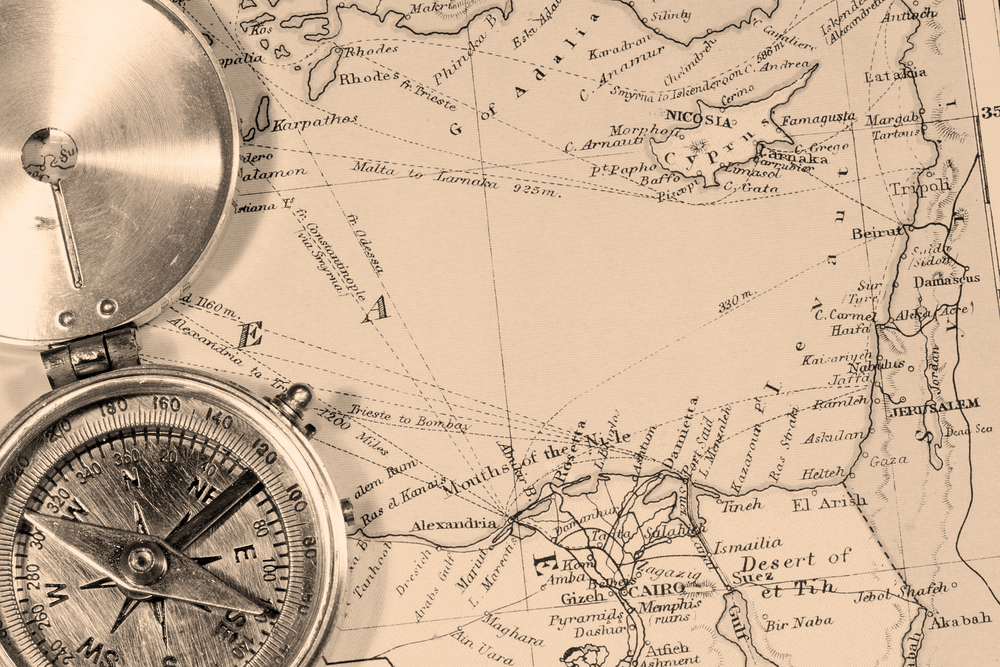
The country also depends on its imports and exports to thrive, and trade routes matter.
China, the United States, and Canada, all have the busiest ports in the world and the largest number of ports in the world.
These countries are ideally located along trade routes and it makes for a good economy for all countries, and any other along similar trade routes.
Other countries can transport the same goods, or the same value of goods land, but it is more expensive, takes longer, and countries lose out to competitive countries that can import or export the goods there faster.
Countries such as Afghanistan and Ethiopia are landlocked or mountainous, or both, and do not have access to the same ports or trade routes that other more successful countries have.
Is a country’s success determined by its climate?
A country’s climate and location are linked, and both impact the success of a country.
Some countries can see a national economic boom if one region has a good climate and also free access to trade routes.
For America that would be regions such as California and Florida, both border states with ports access and an ideal climate that can support agriculture – a key import/export – year-round.
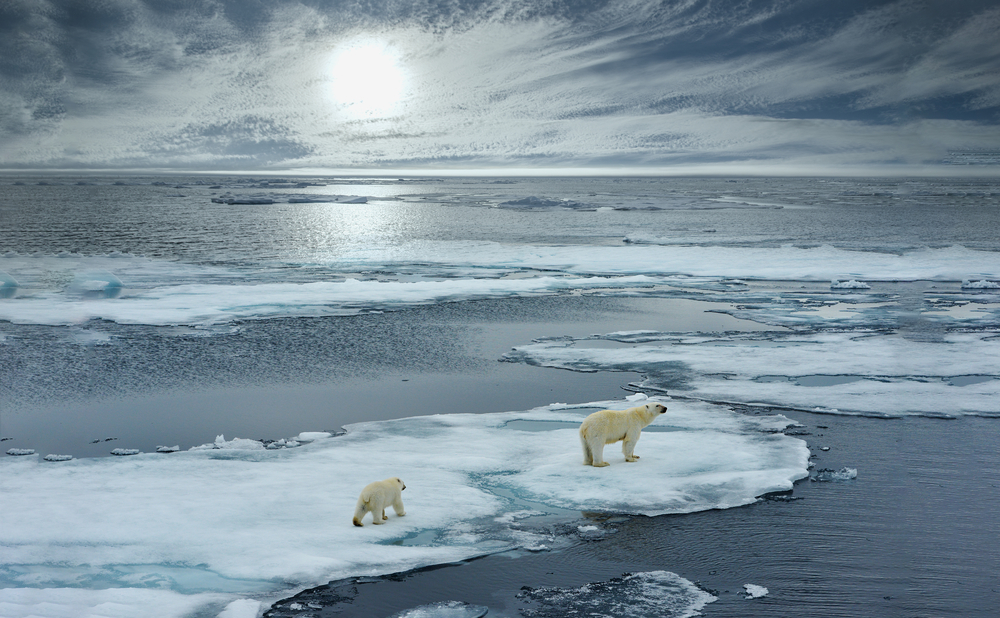
Trade routes aside, both Europe and North America have countries ideally located above the equator, which makes for a climate that is conducive to good soil and even better agriculture.
There is good rainfall in these climates as well, which is also good for agriculture. In other climates, more labor is needed to irrigate the produce and land that will produce the goods necessary for the economy.
The least developed countries in the world are the ones where the climate is drier and the soil is not as fertile as that in North America.
Water here is also not as readily available, a key problem noticed by the entire world. Water scarcity is not only leading to poorer crops but also a declining population and labor force that cannot contribute to the country they live in.
Those that do survive will have to work twice as much to do so. This is true for both laborers and landowners.
At the same time, many of these countries lose several hours a day of work because it is just too hot to work.
Workers can die without water and heat relief, and they do.
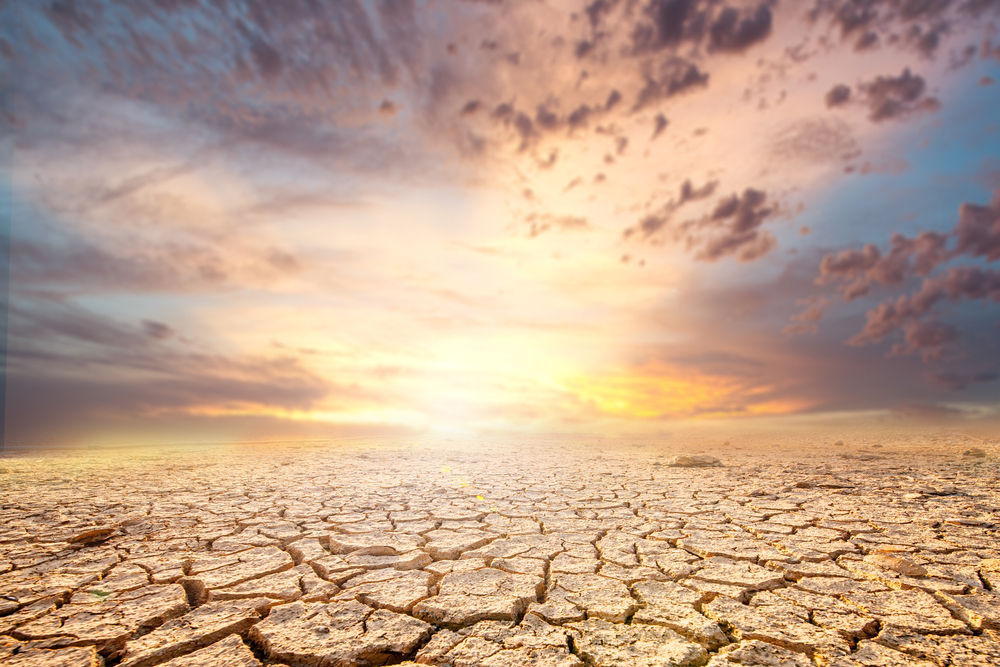
Location matters for everyone, but a country can’t help that it’s located below the equator.
How does a location impact a country’s resources?
When it comes to geography, the resources that a country functions from are its renewable and non-renewable resources.
These will be strictly determined by their location. Oil is a non-renewable resource that serves many countries, including Saudi Arabia and Canada, very well.
Renewable resources such as fish and forests help a country as well and will be determined by location.
In order to establish an economy from these resources, infrastructure is needed. That infrastructure can only be built with money.
A country could have the best non-renewable and renewable resources in the world, but without the right infrastructure, they aren’t going to make money from it.
Oil as a non-renewable resource is a good example for many countries. It is a location-specific resource, and where it is located will determine the economic growth of that nation.

Canada and Russia, for example, are among the world’s largest producers here, but they are both in cold climates, as are many regions in the United States.
These cold climates make it difficult to drill in the winter season when tundras are frozen and the location of the land is in the below-freezing latitudes.
Other countries that produce oil, such as Iran and Saudi Arabia, have an advantage here, during the winter months.
Both Canada and Russia do not see the pinch on this too much as they are developed countries that can work around this.
Still, location matters, and infrastructure is required to manage those resources. Were those pipelines in Ethiopia, it is not likely that oil would be as successful in the world as it is today.

